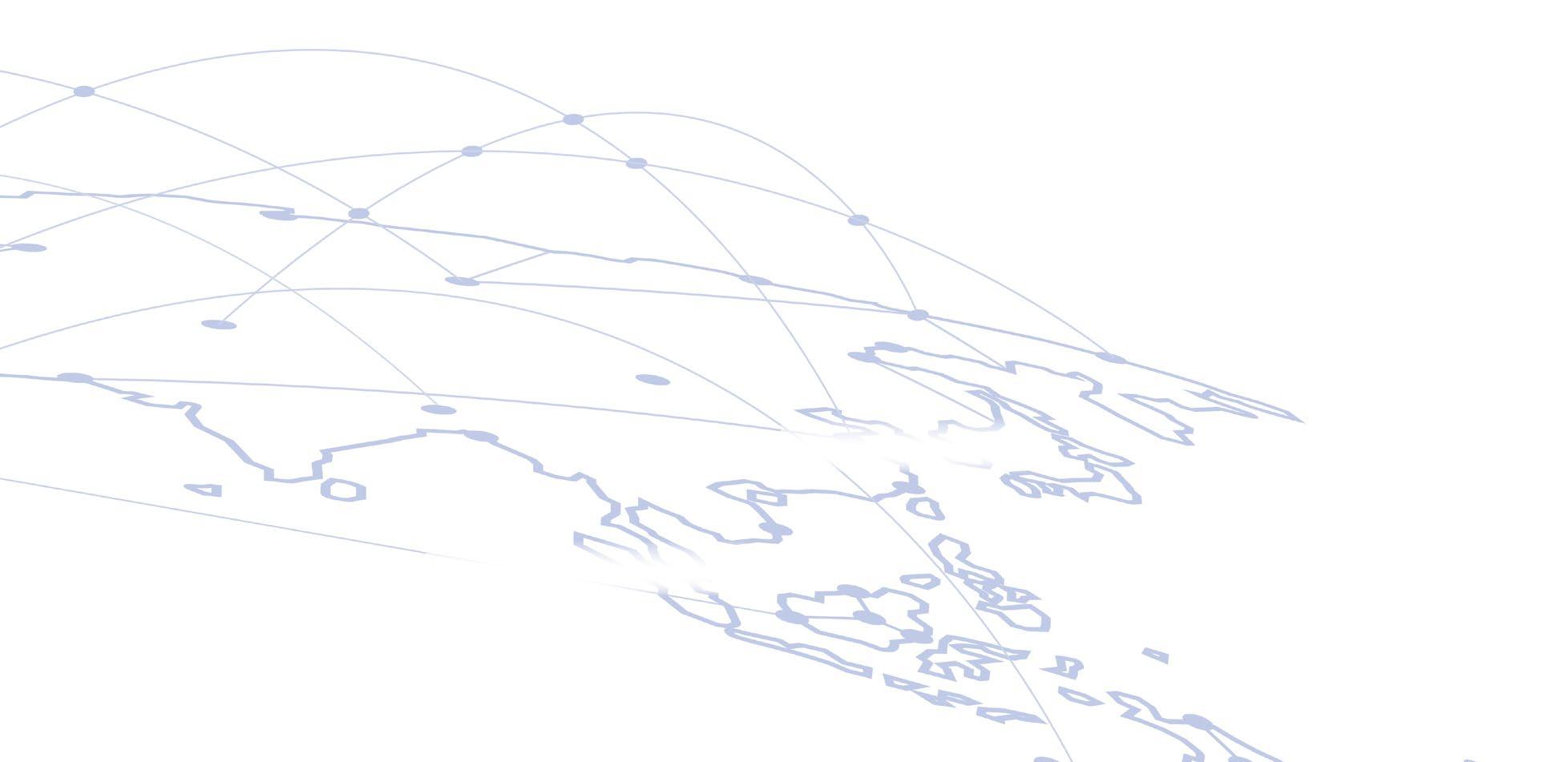
2 minute read
empowerevery
Engaging our communities brings critical perspective to rehabilitation research.


who understands the challenges of living with a disability better than those who face them every day? Their lived experience makes people with disabilities a most valuable and vital partner in rehabilitation research. Their insights into the physical, functional, and cognitive issues that accompany spinal cord injury, brain injury, neurological conditions, including multiple sclerosis, and autism, help Kessler Foundation researchers formulate, redefine, or expand the scope of studies.
Researchers, like Dr. Helen Genova, listen to and act on the community’s experience.
“Part of our responsibility as researchers is to listen, learn from, and respect our constituents’ perspective. With their input, we gain a greater understanding of the issues at hand, enabling us to better identify meaningful, practical interventions that foster independence and improve the quality of life for these communities,” says Trevor Dyson-Hudson, MD, director, Center for Spinal Cord Injury Research at Kessler Foundation.

While study participants and support group members often express their thoughts, a more formal process is in place to ensure that the voices of our communities are heard. Thanks to your support, Consumer Advisory Boards have been established across several research areas to engage diverse groups of those with disabilities in meaningful and often enlightening discussions on a regular basis.
“What we gain from our board members is immense… immeasurable. They openly share what’s important to them,” says Nancy Chiaravalloti, PhD, director of the Centers for Neuropsychology and Neuroscience Research and Traumatic Brain Injury Research, adding, “Their perspective frequently contributes to new or different avenues of research.”
Helen Genova, PhD, associate director of the Foundation’s Center for Autism Research, concurs. “Research doesn’t exist in a vacuum, nor can it succeed without a true partnership with those whose lives will ultimately be impacted by our work. Thanks to our ‘consumer consultants’ and the unwavering support of our donors, meaningful change is possible.”
Nadine Wright-Arbubakrr, whose son Nassan is on the autism spectrum, experienced first-hand the lack of accessible, affordable resources in her community. In response, she founded Nassan’s Place, an educational and recreational program based in Newark, NJ, to assist families like hers. More recently, she joined the Consumer Advisory Board at Kessler Foundation’s Center for Autism Research, noting, “Through advocacy and research –and with the generous support of the Reitman Foundation and donors like you – we’re increasing awareness, and even starting to examine the socioeconomic factors that further impact children with autism in underserved communities. The resulting interventions could be transformative.”

Postdoctoral fellowships create a framework for achievement in rehabilitation research.
am often asked about the most gratifying aspects of my work,” says John DeLuca, PhD, senior vice president, research and training at Kessler Foundation, “and one of them is mentoring the next wave of research scientists. Each of our postdoctoral fellows brings their own interests, intentions, and experience to the program. It is our responsibility as mentors to guide them and foster their passion for the field of rehabilitation research.” iEarly in his career, Dr. DeLuca recognized that a pool of highly trained scientists was needed to expand the field. He worked to formally establish a research department at Kessler Foundation and initially secured funding for three postdoctoral candidates.

The rest, of course, is history. Today, in collaboration with the Department of Physical Medicine and Rehabilitation at Rutgers New Jersey Medical School, and thanks to your support, the program has graduated 126 rehabilitation researchers from 11 countries, many of whom have continued their careers at the Foundation.
The program’s hallmark is its diversity. It draws physicians, physical and occupational therapists, biomedical and biomechanical engineers, and others with advanced medical, clinical, and scientific degrees whose common goal is to improve the outcomes and quality of life for people with disabilities.
Didactic learning, grant writing, hands-on research, and manuscript preparation are all part of this multidisciplinary, two-year mentorship program. “Through the support of our donors, along with grant funding,








